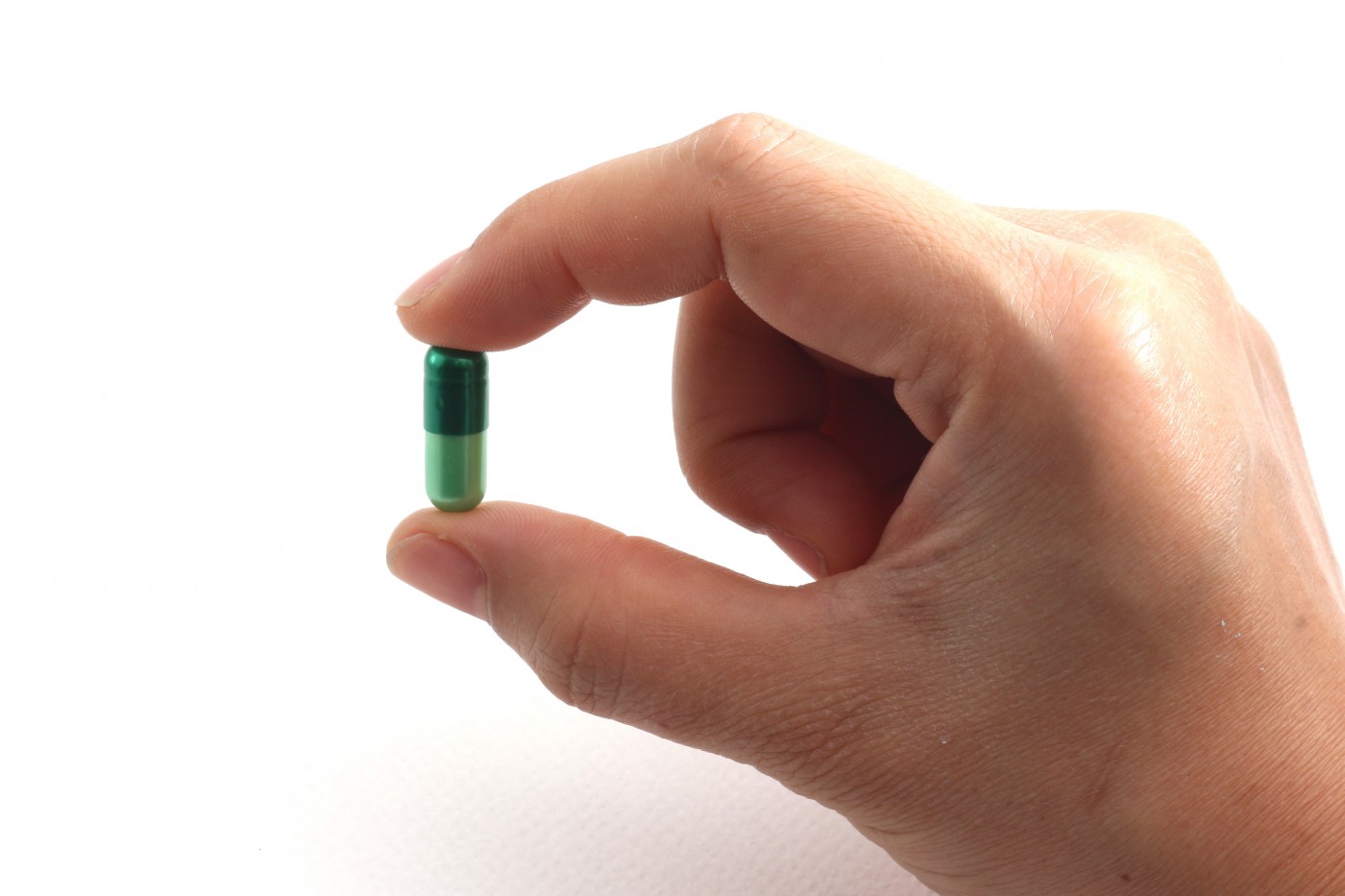127 Progressive MS Patients Finish Treatment in Phase 2 Study of Ibudilast, MediciNova Reports
Written by |

MediciNova recently reported that half of the 255 patients enrolled in a Phase 2b clinical trial (SPRINT-MS) exploring MN-166 (ibudilast) in progressive multiple sclerosis (MS) had completed the 96-week-long treatment.
Interim data will be analyzed by the trial’s external Data Safety Monitoring Board later this year, with results forming the basis of recommendations to the National Institute of Neurological Diseases and Stroke (NINDS) regarding the treatment’s demonstrated safety, tolerability, and efficacy.
NINDS’s Network for Excellence in Neuroscience Clinical Trials, or NeuroNEXT, aims to conduct trials of new treatment approaches for neurological disease through collaborations between academic researchers, private foundations, and the pharmaceutical industry.
Ibudilast — a drug MediciNova licensed from Kyorin Pharmaceutical — has been used in Japan and Korea to treat complications following stroke and for bronchial asthma since 1989. MediciNova is now developing the drug as a potential treatment for progressive MS.
The drug acts at numerous sites in the brain, blocking enzymes known as PDEs (phosphodiesterases), specifically targeting PDE4 and 10. Early studies also showed that ibudilast blocks a factor called MIF — preventing immune cells called macrophages from migrating. This, in turn, suppresses the formation of pro-inflammatory molecules called cytokines and promotes the production of brain growth factors.
It also has demonstrated an ability to prevent glial cells — major players in the brain’s immune system — from activating. Glial cells are increasingly recognized as contributing to neurological conditions such as MS.
Read more about Ibudilast (MN-166) for Multiple Sclerosis.
The ongoing SPRINT-MS trial, involving 28 study centers across the U.S., compares ibudilast to placebo in either primary or secondary progressive MS patients. Since primary progressive patients were allowed to continue using glatiramer acetate or interferon-beta as their main medication, patients in treated and control groups were matched according to type of MS and the presence of other treatment.
Such matching procedures are common in clinical trials, and allows researchers to interpret study findings without the risk that other contributing factors influence the results.
As the study’s main outcome measure, researchers used magnetic resonance imaging (MRI) scans to analyze if the rates of brain tissue breakdown were changed by the treatment. In addition to other imaging measurements, the study analyzes changes in disability, cognitive impairment, quality of life, and neuropathic pain in the patients. As in all clinical trials, researchers also assess the safety of the treatment.
“We are very pleased to have reached the 50 percent completion milestone in this important study. The unmet medical need for progressive MS patients is extremely high as there is no treatment approved for long-term use for these patients. We look forward to providing further updates as we receive results of the interim analysis,” Yuichi Iwaki, president and chief executive officer of MediciNova, said in a news release.
In addition to testing the drug as a progressive MS treatment, MediciNova is exploring its potential in patients with amyotrophic lateral sclerosis (ALS), chronic neuropathic pain, and substance abuse or addiction.
Multiple Sclerosis News Today previously reported that ibudilast has been awarded fast-track status by the U.S. Food and Drug Administration (FDA), a label allowing swifter development and review of drugs with a potential to cover unmet medical needs in serious or life-threatening diseases.


